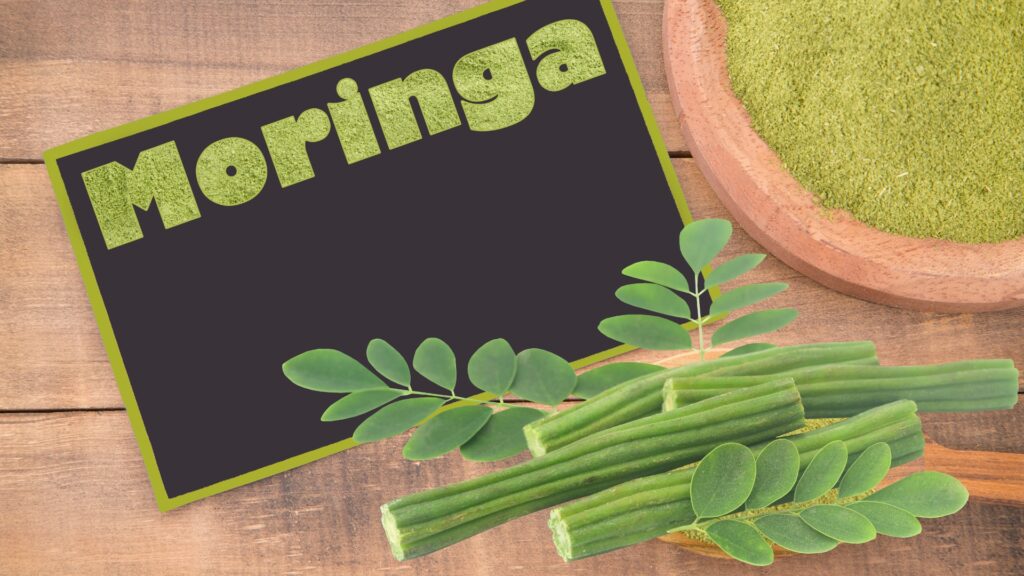Moringa powder has gained widespread popularity in recent years as a potent superfood, praised for its incredible health benefits. Derived from the dried leaves of the Moringa oleifera tree, this nutrient-dense powder has been used for centuries in traditional medicine, especially in regions like Africa and South Asia. With a rich supply of vitamins, minerals, antioxidants, and essential amino acids, moringa powder offers a natural way to boost your overall health. From enhancing energy levels to supporting immune function, moringa powder is a powerful addition to a balanced diet, helping you unlock a range of health benefits.
Table of Contents
Rich Source of Nutrients
One of the most compelling reasons to incorporate moringa powder into your diet is its impressive nutritional profile. It contains significant amounts of vitamins A, C, and E, along with minerals such as calcium, potassium, and iron. Moringa also provides a complete protein, meaning it contains all nine essential amino acids that our bodies cannot produce on their own. This is particularly beneficial for vegetarians and vegans who may struggle to find plant-based sources of protein.
Moreover, moringa leaves are loaded with antioxidants like flavonoids, polyphenols, and ascorbic acid, which can protect cells from oxidative stress and reduce the risk of chronic diseases.
Moringa’s Benefits for the Immune System
Boosting your immune system naturally can help fend off illnesses, and moringa powder can play a key role in that. Its high vitamin C content helps enhance the production of white blood cells, which are essential for fighting infections. The antioxidants in moringa, such as quercetin and chlorogenic acid, neutralize harmful free radicals that can compromise immunity. Regular consumption of moringa may reduce the frequency of colds, flu, and other infections.
Moringa for Energy and Vitality
If you often find yourself feeling sluggish or lacking energy, moringa might be the natural energy booster you’re looking for. The combination of iron, magnesium, and protein in moringa helps to maintain stamina and keep you energized throughout the day. It provides the body with essential nutrients that reduce fatigue and improve physical performance.
Moringa’s Role in Reducing Inflammation
Chronic inflammation is at the root of many health problems, including arthritis, heart disease, and diabetes. Moringa powder contains powerful anti-inflammatory compounds like isothiocyanates and quercetin that can help reduce inflammation throughout the body. These compounds have been shown to be effective in easing the symptoms of inflammatory diseases like rheumatoid arthritis, making moringa a natural option for those seeking relief from joint pain and swelling.
Heart Health Benefits of Moringa
Heart disease remains one of the leading causes of death globally, but moringa powder offers several benefits that can support cardiovascular health. The plant is rich in potassium, which helps to regulate blood pressure, and its antioxidant properties help to lower cholesterol levels. By reducing the buildup of plaque in arteries, moringa may help lower the risk of heart attack and stroke.
Additionally, the fiber in moringa helps to regulate cholesterol levels by binding with cholesterol in the gut and preventing its absorption into the bloodstream.
Moringa for Digestive Health
A healthy digestive system is crucial for overall health, and moringa powder can improve digestion thanks to its high fiber content. Fiber aids in regular bowel movements, preventing constipation and promoting gut health. Moringa also contains compounds that can soothe inflammation in the stomach and intestines, making it helpful for individuals suffering from digestive disorders like irritable bowel syndrome (IBS).
Moringa and Blood Sugar Control
Managing blood sugar levels is crucial for preventing and managing diabetes, and moringa powder has been shown to help regulate blood glucose levels. Studies suggest that moringa may improve insulin sensitivity and reduce blood sugar spikes after meals. Consuming moringa regularly could be beneficial for individuals with type 2 diabetes, helping to maintain balanced blood sugar levels naturally.
Moringa for Skin and Hair Health
Moringa powder isn’t just good for your internal health—it’s also great for your skin and hair! Many beauty products include moringa oil for its hydrating and rejuvenating effects. Moringa is rich in vitamins A and E, which nourish the skin, promote healing, and fight signs of aging like wrinkles and fine lines. It also helps with hair growth by providing essential nutrients that strengthen hair follicles and prevent breakage.
Moringa as a Natural Detoxifier
Toxins from processed foods, pollution, and stress can accumulate in the body and lead to various health issues. Moringa’s natural detoxifying properties help the body eliminate harmful substances. Its chlorophyll content is particularly effective in cleansing the blood and supporting liver function, which plays a key role in detoxification.
Moringa’s Potential to Fight Cancer
Emerging research suggests that moringa may have anti-cancer properties. The high concentration of antioxidants in moringa can help prevent cellular damage caused by free radicals, which are linked to cancer development. Certain compounds in moringa, like niazimicin, have shown promise in inhibiting the growth of cancer cells in laboratory studies. While more research is needed, moringa’s potential in cancer prevention is an exciting area of study.
Moringa for Brain and Mental Health
The antioxidants and vitamins found in moringa powder can also support brain health. Moringa may enhance cognitive function, improve memory, and reduce symptoms of anxiety and depression. Its high vitamin E and C content helps to protect brain cells from oxidative stress, which is linked to conditions like Alzheimer’s disease.
Moringa for Women’s Health
For women, moringa offers several unique benefits. It has been traditionally used to increase milk production in lactating mothers, and its rich iron content can help prevent anemia. Additionally, moringa’s hormone-balancing properties can support menstrual health and relieve PMS symptoms.
How to Incorporate Moringa into Your Diet
Moringa is incredibly versatile and can be consumed in many forms. You can find it as powder, tea, capsules, or even fresh leaves. Add moringa powder to smoothies, soups, or salads, or brew a cup of moringa tea for an easy health boost.
Potential Side Effects and Precautions
While moringa is generally safe for most people, it’s essential to use it in moderation. Some people may experience digestive issues, especially if they consume too much. Pregnant women should consult a healthcare provider before using moringa, as certain parts of the plant, like the root, may cause complications.
Conclusion
Moringa truly lives up to its reputation as a miracle tree, offering a wide range of health benefits—from boosting immunity to improving heart health and supporting brain function. Whether you’re looking to detoxify, fight inflammation, or boost your energy levels, moringa can be a valuable addition to your daily routine. With its numerous health-promoting properties, it’s no wonder moringa is considered a superfood.
To know more about moringa click here.
FAQs
- How often should I consume Moringa?
- You can consume moringa daily, but moderation is key. 1-2 teaspoons of powder per day is a common recommendation.
- Is Moringa safe for pregnant women?
- While the leaves are generally safe, pregnant women should avoid moringa root and consult a healthcare professional before use.
- Can Moringa help with weight loss?
- Yes, its high fiber content can promote feelings of fullness, and its nutrients support metabolism, which may aid weight loss.
- How much Moringa powder should I use in smoothies?
- Start with 1 teaspoon per smoothie and adjust based on your taste preference and tolerance.
- Are there any interactions between Moringa and medications?
- Moringa may interact with medications for blood pressure and diabetes. Consult your doctor if you’re taking prescription medications.

